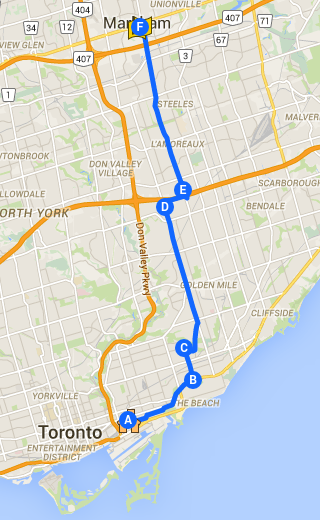The average Canadian worker has (at least) some college or university education. This fact is counter to presumptions in a question on the first day at the World Economic Forum by Fareed Zacharia, in an interview with Canadian Prime Minister Pierre Trudeau. Zacharia asked:
What do you say to the average worker in Canada, who may not have a fancy college degree — and I’m thinking about the average worker in America or in Europe, as well — who looks out at this world and says “I don’t see what globalization is doing for me. The jobs are going to South Korea and China and Vietnam and India. Technology is great, but I can’t afford the new iPad Pro, and more importantly, this technology means that it increasinly makes me less valuable. Why shouldn’t I be angry and involved the politics of progress?”
The response by Trudeau spoke to the Fourth Industrial Revolution, the theme of the Davos conference. He didn’t actually respond to the presumption on education.
In a national picture of educational attainment:
In 2012, about 53.6% of Canadians aged 15 and over had trade certificates, college diplomas and university degrees. This was an increase of 20.9 percentage points since 1990.
… says “The Indicators of Well-Being in Canada (2016)“, by Employment and Social Development Canada.
In the Economic Indicators for Canada,
… Read more (in a new tab)Between 1999 and 2009, the proportion of adults aged 25 to 64 with tertiary education in Canada increased from 39% to 50%.



